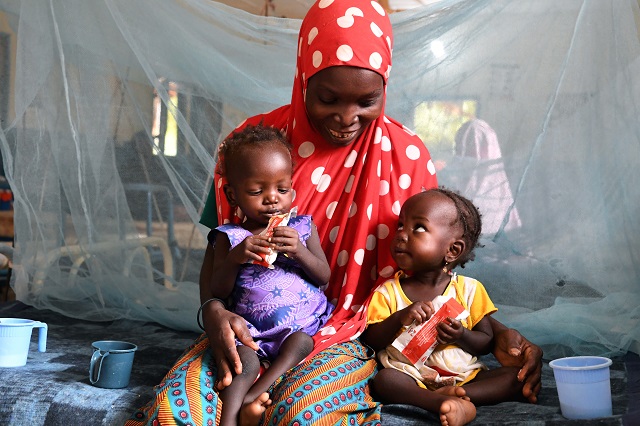The 1st studies on the policy of free maternal and child healthcare only examined the effects on the use of services in certain localities. This comprehensive study also examines the effects of the policy on health outcomes, and analyzes its financial sustainability.
This comprehensive case study on the impact of Burkina Faso’s free maternal and child healthcare policy adds to the international body of evidence on the costs, effects and sustainability of policies aimed at reducing financial barriers to care for mothers and infants. The originality of this study lies in the fact that it combines various quantitative techniques and includes elements of sustainability, which have rarely been incorporated into previous assessments, such as the estimation of the Scully model for the expansion of tax space.
This survey suggests that implementation of the policy of free maternal and child healthcare has reduced complicated deliveries and mortality due to severe malaria in children under five. Although significant cost reductions have been achieved, the policy has not met the objective of eliminating costs for users altogether, particularly in higher-level establishments.
The analysis of the policy’s effects also showed that the policy’s potential for removing financial barriers and radically improving the various health indicators remained limited. Overall, the policy of free maternal and child healthcare seems viable if its costs are limited to around 10% of the health budget. Emphasis is also placed on the need to pay greater attention to governance (including improving efficiency) in facilities, without which it is not possible to improve the benefits of current policy, even when inputs and services are available.


